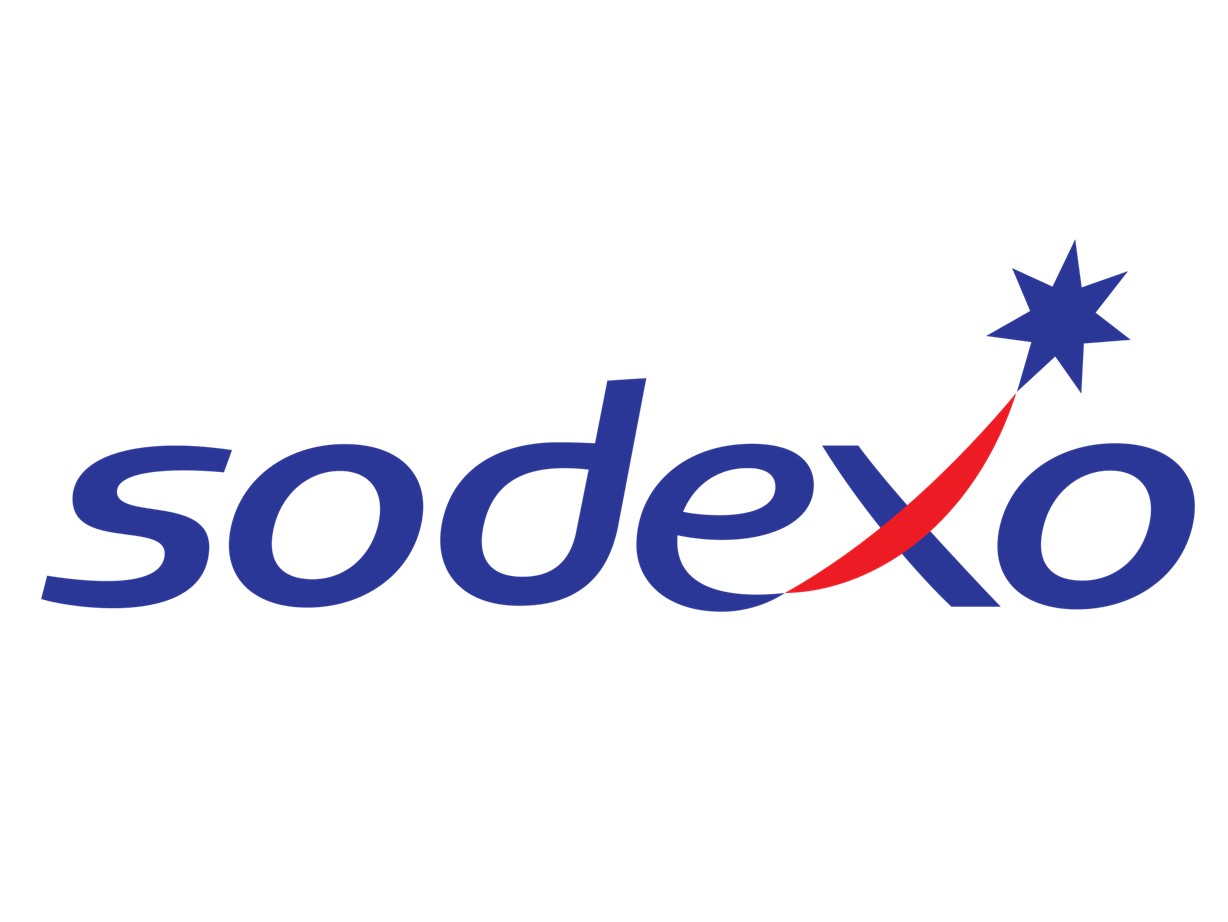How Sodexo's digital strategy kept their users immune to demonetization
Story of Sodexo's digital transformation

A year ago, India went into the shock of the decade as Prime Minister Narendra Modi announced demonetization of 500 and 1000 rupees notes. The event marked the nation's swift entry into the digital economy. Indians started to adopt tools such as digital wallets to apps in a very short frame of time.
However, when every major aspect of the life was hindered and affected by the demonetization, one company that offered relief to its users and clients was Sodexo with its digital solutions. In fact, Sodexo, a renowned employee benefits service, began their digital journey few years before the demonetization, enabling them to be in a perfect position to serve their user base during the crisis of demonetization.

"With technology and digital adoption, we have two objectives. At one level we want to help the HR teams improve the quality of lives of their employees. Second, we want to simplify their lives, make it as simple as possible," said Suvodeep Das, Vice-President, Marketing at Sodexo BRS India.
It wasn't all easy for Sodexo, known for its iconic paper voucher, to make this digital leap, as they faced numerous large and small challenges.
"When Sodexo decided to go digital, we needed to establish digital acceptance in every outlet the vouchers were accepted. It took a lot of time, effort and money- infrastructure development, but Sodexo wanted to do it right, by building our own proprietary network, and now our network is the biggest in the country in terms of reach in tier 3 and 4 towns, " Suvodeep Das explained.
"The biggest challenge was two years back when Sodexo began setting up our network. This is a year before demonetization. Almost 5000 outlets had never seen anything digital. Sodexo had to educate them- what is a card machine? What is an EDC terminal? How do you swipe? How do you take a print out? How do you do a transaction? How do you do a batch settlement? It was a huge challenge," added Das.
As of today, the company has 40,000 plus points of acceptance across 1,500 cities in India and also a mobile app that can be used for transactions. Sodexo currently has three million daily users with a significant portion of them resorting to their digital tools such as the mobile app linked to both the meal pass cards.
Get daily insight, inspiration and deals in your inbox
Sign up for breaking news, reviews, opinion, top tech deals, and more.
However, Sodexo is in a process of constant innovation of its digital solutions. One of the digital solutions Sodexo has developed recently is "Tap & Pay." Instead of the normal paper vouchers and RF-ID cards, Sodexo is trying out NFC- enabled cards.
Presently, Sodexo is incorporating this NFC based technology into the existing cafeteria pass they offer. At various cafeterias across IT Parks, they are replacing chip-based cards with NFC cards.
On the other hand, Sodexo is already working towards eliminating paper voucher, cafeteria cards and meal passes by integrating the employee benefits into their existing company ID cards for employees. According to Das, "many companies have the ID cards that they use for punching in, checking out etc. and the card can be used as their cafeteria pass as well. Thus the employee will not have to carry two cards." Sodexo is currently running a Company ID-Based Solution as a pilot program with a client based in Bangalore.
According to Sodexo, the ultimate goal of simplifying the process of an employee accessing their benefit is about saving time and fostering productivity. And that is exactly where Sodexo's food order app comes into play.
"You have the menu on the app, you order through the app and pay through the Sodexo Meal or Cafeteria Card. The order goes to the merchant, and once the order is ready, the merchant presses a button giving you a notification that your order is ready, Suvodeep Das explained it's working. As a result, hundreds of working hours can be saved in a firm which is now wasted standing in a cafeteria queue.
According to Das, Sodexo is going to play a bigger role in the future of Digital India, as more and more tools are being developed globally. And it is a just a matter of times they bring the right ones to Indian users.
Jibu Elias is the lead AI researcher at NASSCOM, lending his wide knowledge and keen insight into artificial intelligence in currently working towards building a unified AI eco-system backed by the Govt. of India. Coming from years of experience in covering emerging technologies, Jibu has a knack for putting seemingly unrelated things in the context of AI with a focus on ethical and legal implications of AI.
